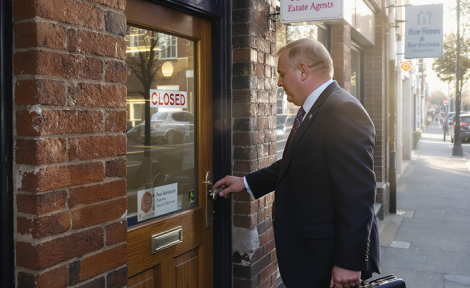Renting reforms will ‘unintentionally reduce rental supply’ warns lawyer
David Smith says that because the Renters' Rights Bill will prevent landlords re-letting properties for 12 months following an eviction, many homes will stand empty.

A leading property lawyer has warned that a clause in the Renters’ Rights Bill that prompted homelessness minister Rushanara Ali to resign, could reduce rental supply.
David Smith says the ‘protected interval’ contained in the bill that prevents a landlord from re-letting a property for up to 12 months after an eviction, could “deprive renters of much-needed housing”.
Step down

Ali stepped down after giving four tenants notice to quit from her rental property, and then relisting it within weeks for £700 more per month.
She previously let the four-bedroom property near Olympic Park for £3,300 a month, but new tenants are paying £4,000pcm.
Both the NRLA and Propertymark have previously warned that the clause will hit both landlords and tenants alike.
Under the new rules, such homes would have to sit empty for a year, further restricting supply and depriving renters of much-needed housing.”
Smith, who is Property Litigation Partner at London law firm Spector Constant & Williams (main picture), says: “The reporting around this case has not been entirely accurate. Under the proposed Renters’ Rights Bill, if a landlord evicts tenants in order to sell, they would be prohibited from re-letting the property for 12 months, not six.
“This situation also highlights a common problem in the private rental sector that landlords often serve notice to sell, but around a quarter of those properties never actually sell and end up back on the rental market,” he says.
“Under the new rules, such homes would have to sit empty for a year, further restricting supply and depriving renters of much-needed housing.”
He says the bill could “unintentionally reduce the availability of rental properties”.
More on the Renters’ Rights Bill











Renting for Tenant is about to get a Lot harder and the majority of good tenants will feel the same pain. Measures to ‘protect’ the minority of tenants, many who don’t deserve protection will reverberate throughout Private renting.